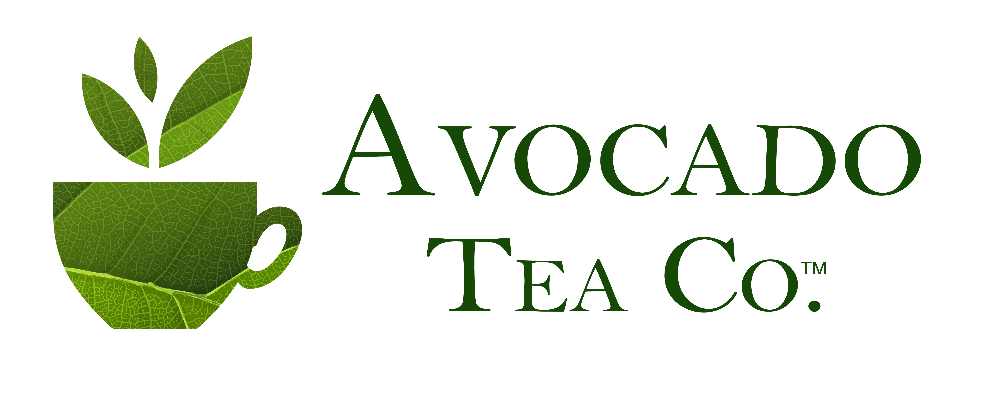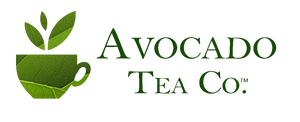Avocados are a rich source of unsaturated fatty acids, dietary fiber, and minerals. Avocado oil is a good source of vitamin E and carotenoids. Guelder rose is an important medicinal plant with multiple therapeutic properties. Avocado and guelder rose are commonly used for their antinephrolithiatic activity, which was reported by previous studies. (1)
This study aims to evaluate the antinephrolithiatic activity of avocado and guelder rose against ethylene glycol-induced nephrolithiasis in rats.
What is Nephrolithiasis?
Nephrolithiasis is a medical condition in which there is the formation of stones in the urinary system. The urinary tract consists of two kidneys, two ureters, two urethras, and the bladder. Stones are formed when there is excess calcium or oxalate in urine. (2)
Urine has a high concentration of these minerals as it passes through our body. When these minerals combine with other compounds like struvite (magnesium ammonium phosphate) and uric acid, they form crystals that can form stones.
The most common type of nephrolithiasis is cystine stone disease (CSD) which occurs due to an excessive concentration of cystine in the urine. The other types include calcium oxalate urolithiasis (which involves calcium oxalate), uric acid urolithiasis (uric acid), and struvite urolithiasis (magnesium ammonium phosphate).

A Study On Avocado And Guelder Rose: Inhibiting Ethylene Glycol-Induced Nephrolithiasis In Rats
Ethylene glycol is a compound used in the manufacturing of polyurethane, polyester, polycarbonate, and antifreeze. It is a colorless liquid with an odor resembling that of diethyl ether. It has been reported to be toxic and cause nephrotoxicity in humans. Nephrotoxicity can lead to renal failure which can be life-threatening. Ethylene glycol is known to induce nephrolithiasis in both animals and humans. This study aimed to evaluate the effect of avocado and guelder rose on ethylene glycol-induced nephrolithiasis in rats.
In this study, the researchers wanted to see whether avocado and guelder rose could be used as antinephrolithiatic agents against ethylene glycol-induced nephrolithiasis in rats. Ethylene glycol is a toxic compound that can cause kidney stones when consumed in large quantities. The researchers tested the effects of these two compounds on calcium oxalate crystal formation in rats by administering them orally. They then compared their results to those obtained from rats who were administered a control solution instead of avocado or guelder rose.
Materials and Methods
For this experiment, researchers utilized 42 rats as an animal model of nephrolithiasis so that we could analyze the effects of the leaves of the Persea americana plant (avocado) and the fruits of the Viburnum opulus plant (guelder rose). Oral administration of low and high dosages of ethanol extracts of Persea americana leaves and Viburnum opulus fruit was administered to the groups for a total of 28 days. For many years, people in Turkey have relied on these two plants for the nephrolithiasis effect they provide.
Results and Conclusion
Results showed that avocado and guelder rose decreased the levels of cystine and oxalate in the urine, raised the levels of citrate in the urine, and increased the volume of urine. Additionally, crystal formations in renal tissue were reduced. Additionally, kidney tissue samples treated with avocado and guelder rose were protected against oxidative damage and crystal formation.
In conclusion, the two plants that have been used for several years in Turkey for the treatment of nephrolithiasis are safe for utilization in the treatment of kidney stones.
![]()








